可持续休闲管理文学硕士
Master of Arts in Sustainable Leisure Management

学历文凭
Masters Degree

专业院系
Faculty of Management

开学时间

课程时长

课程学费

国际学生入学条件
Student must have:
- An undergraduate degree from an appropriately accredited university.
- A minimum average of "B" calculated in the last two years of the undergraduate degree, with a review of the entire degree.
Meet one of the following VIU English language requirements: IELTS 7.0 (with no band below 6.5); TOEFL iBT 93 (with no band below 20); CAEL 70 (no band below 60); Pearson (PTE) 65 no section below 60; Cambridge Certificate of Proficiency in English (CPE) 185 overall; Cambridge Certificate of Advanced English (CAE) 185 overall.
IDP—雅思考试联合主办方

雅思考试总分
6.5
- 雅思总分:6.5
- 托福网考总分:88
- 托福笔试总分:160
- 其他语言考试:IELTS (Academic) 6.5 (no band below 6.0) VIU English Language Centre Successful completion of University Preparation Level 5 (UP5) CAEL 60 Pearson (PTE) Academic 60 (no section below 60) Duolingo English Test 125 (no band less than 115) C2 Proficiency, formerly known as Cambridge English: Proficiency (CPE) 176 overall C1 Advanced, formerly known as Cambridge English: Advanced (CAE) 176 overall CAEL online 60 Pearson (PTE) Online 60 (no section below 60) TOEFL iBT Home Edition 88 (no band below 20) ILAC Pathway Program Successful Completion of Pathway 3.3
CRICOS代码:
申请截止日期: 请与IDP联系 以获取详细信息。
课程简介
The Masters of Arts in Sustainable Leisure Management program is offered at VIU’s Nanaimo campus on beautiful Vancouver Island – in a region of Canada that is noted for leisure and tourism opportunities. This two-year program delivers a non-traditional approach to studies in ecotourism and innovative leisure practices, with courses that combine field experience and classroom instruction, all within a global context. Leisure studies and sustainability studies engage students with experiential learning opportunities, delivered by expert faculty who are leaders in their field.<br>Graduates of the Sustainable Tourism Master's degree program find employment opportunities as sustainability officers, analysts and directors, working in government, private sectors, and consultant firms. <br>This program places graduates at the intersection of two growing, exciting, and globally significant areas of theory and practice: leisure and sustainability. The program prepares emerging leaders to examine and create solutions which ensure that residents and travelers alike can enjoy recreational experiences, natural and cultural amenities, heritage resources, and adventure as part of their life experiences on a sustainable basis. Students will engage in coursework delivered in a non–traditional, international educational setting where the instructional approach draws upon field experience, classroom instruction, and experiential styles of learning. Two integrated instructional streams are central to the program focus: 1) a set of principles and practices underlying leisure and sustainability; and, 2) an integrated set of research capabilities, innovation, and knowledge mobilization skills necessary to ensure that new knowledge can be effectively transformed into impact. There is also a required thesis component wherein students will demonstrate a mastery of knowledge mobilization approaches (including, but not limited to, research skills).
相关申请
 预科
预科 奖学金
奖学金 实习机会
实习机会 在校学习
在校学习 跨境学习
跨境学习 校园授课-线上开始
校园授课-线上开始 在线/远程学习
在线/远程学习
开学时间&学费
学费信息仅供参考,请与IDP联系以获取详细信息
| 开学时间 | 时长 | 学费 | 地点 |
|---|---|---|---|
| 暂无 | 暂无 | 暂无 | 暂无 |
本校相关课程
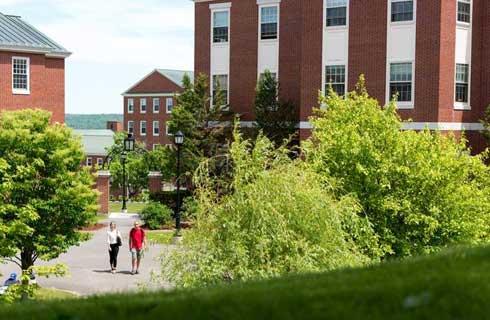
专业烘焙和糕点艺术证书
学历文凭
Bachelor Degree
开学日期
课程费用总额


摩托车和船舶技术员证书
学历文凭
Bachelor Degree
开学日期
课程费用总额


制冷空调技师证书
学历文凭
Bachelor Degree
开学日期
课程费用总额


发型师基础证书
学历文凭
Bachelor Degree
开学日期
课程费用总额


电工证书
学历文凭
Bachelor Degree
开学日期
课程费用总额


烹饪管理大专
学历文凭
Bachelor Degree
开学日期
课程费用总额

其他相关课程
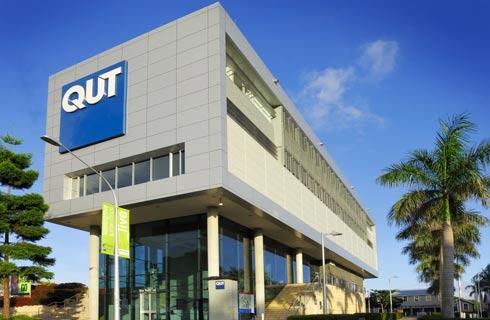
娱乐管理与社区发展学士
 曼尼托巴大学
曼尼托巴大学学历文凭
Bachelor Degree
开学日期
课程费用总额

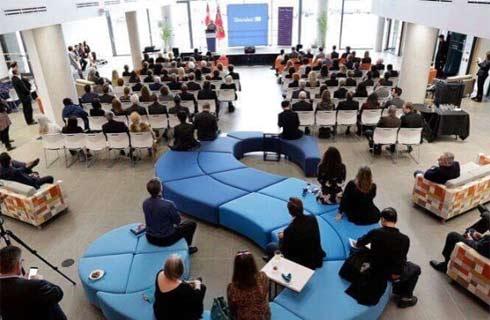
度假村和酒店管理文凭
 汤姆逊大学
汤姆逊大学学历文凭
Foundation for Undergraduate
开学日期
课程费用总额


安大略省滑雪胜地运营学院文凭(合作社)
 乔治亚学院
乔治亚学院学历文凭
Bachelor Degree
开学日期
课程费用总额

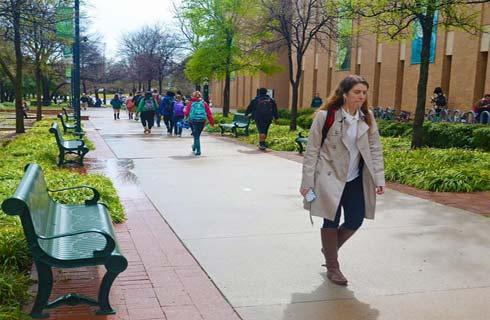
娱乐与健康教育文学士学位
 维多利亚大学
维多利亚大学学历文凭
Bachelor Degree
开学日期
课程费用总额

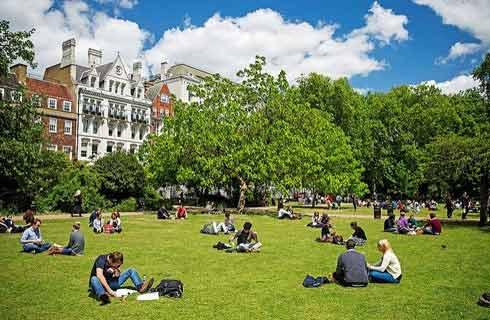
可持续休闲管理文学硕士
 温哥华岛大学
温哥华岛大学学历文凭
Masters Degree
开学日期
课程费用总额

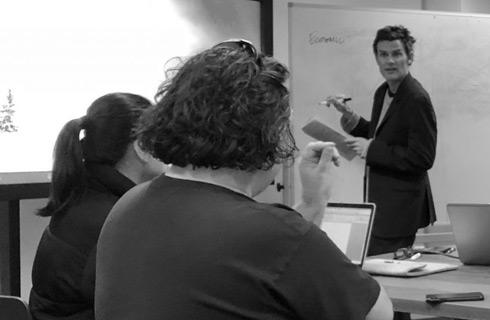
自然资源管理理学士(荣誉学位)-户外休闲与养护
 北不列颠哥伦比亚大学
北不列颠哥伦比亚大学学历文凭
Bachelor Degree with Honours
开学日期
课程费用总额











